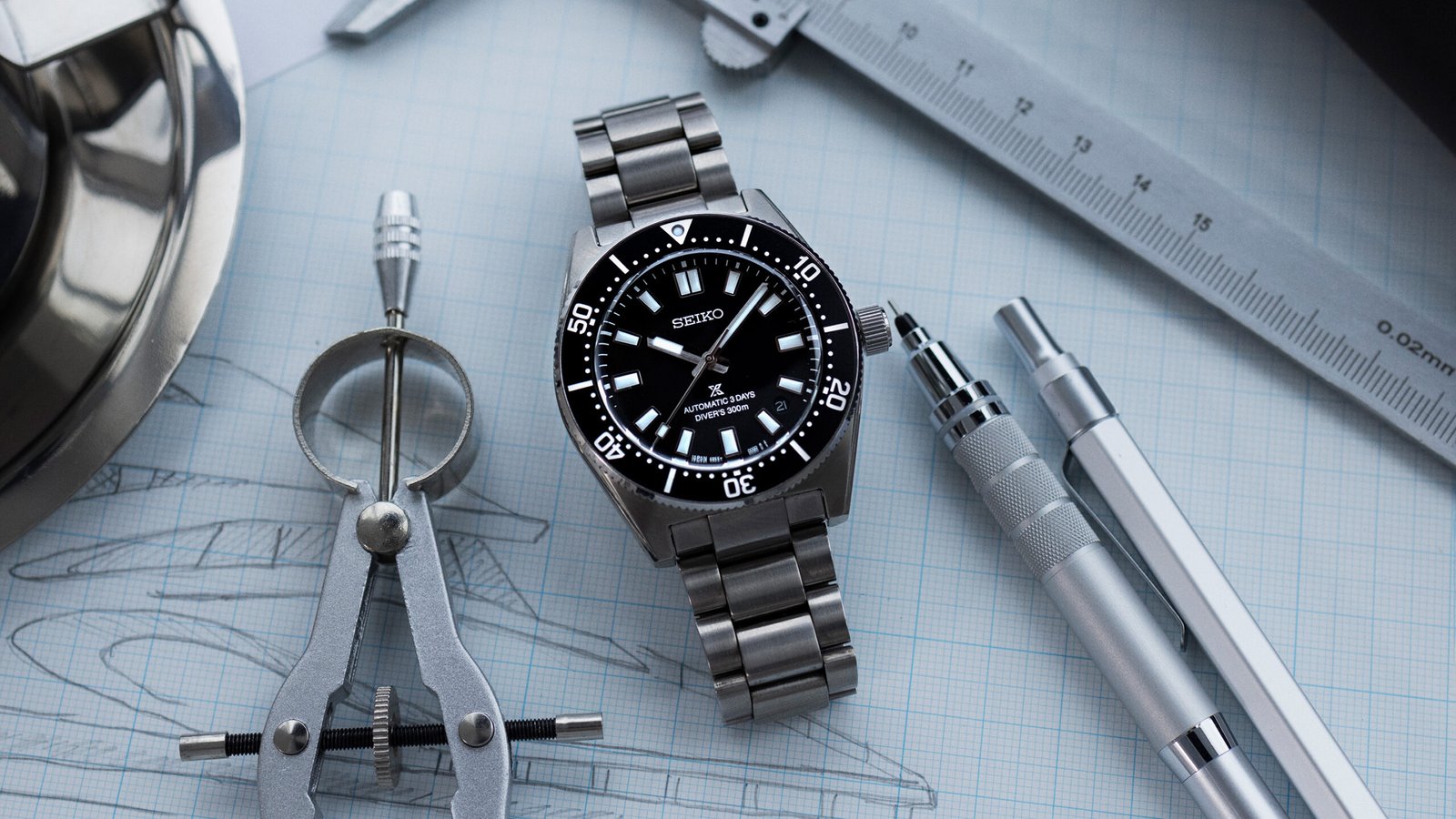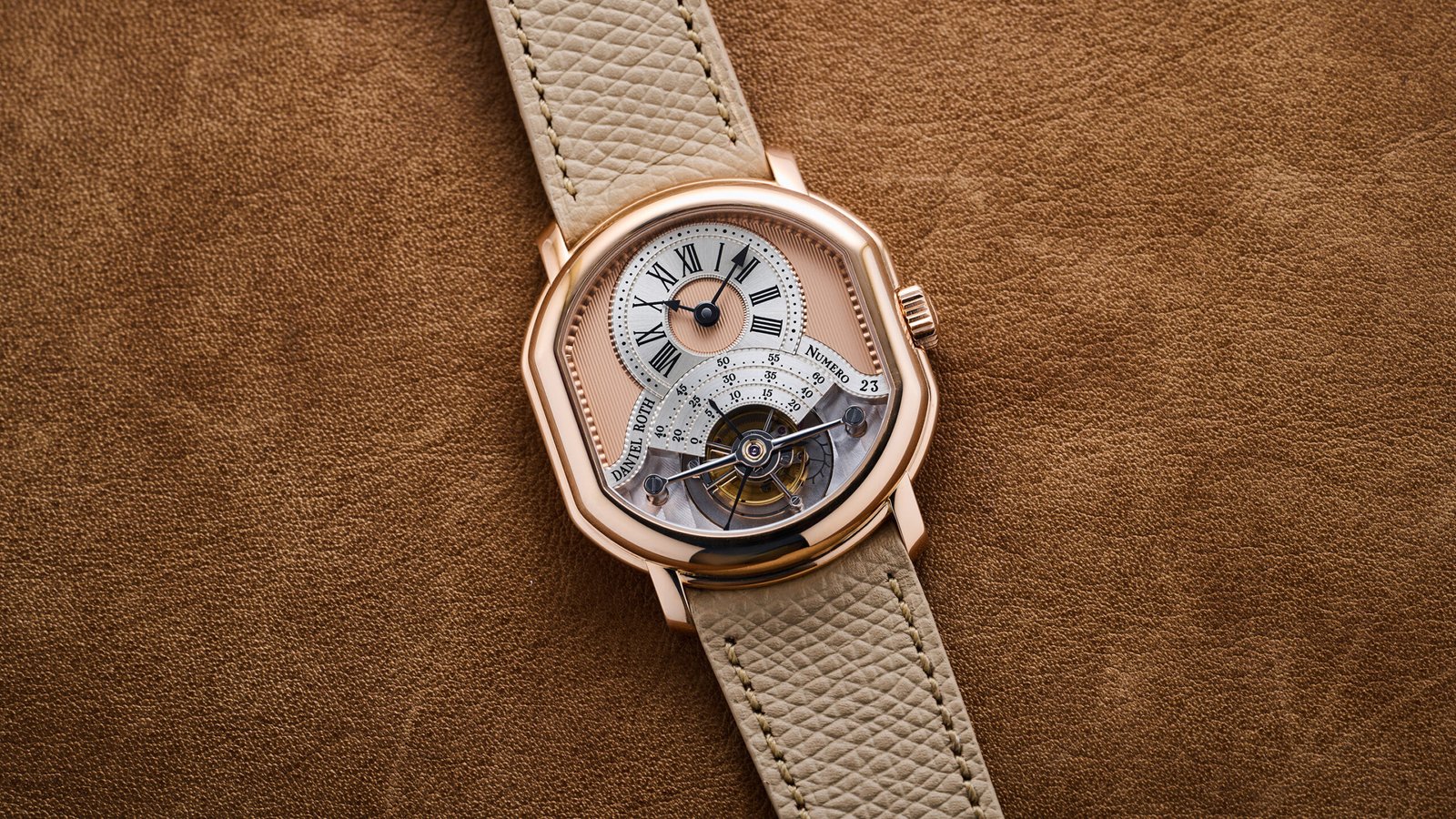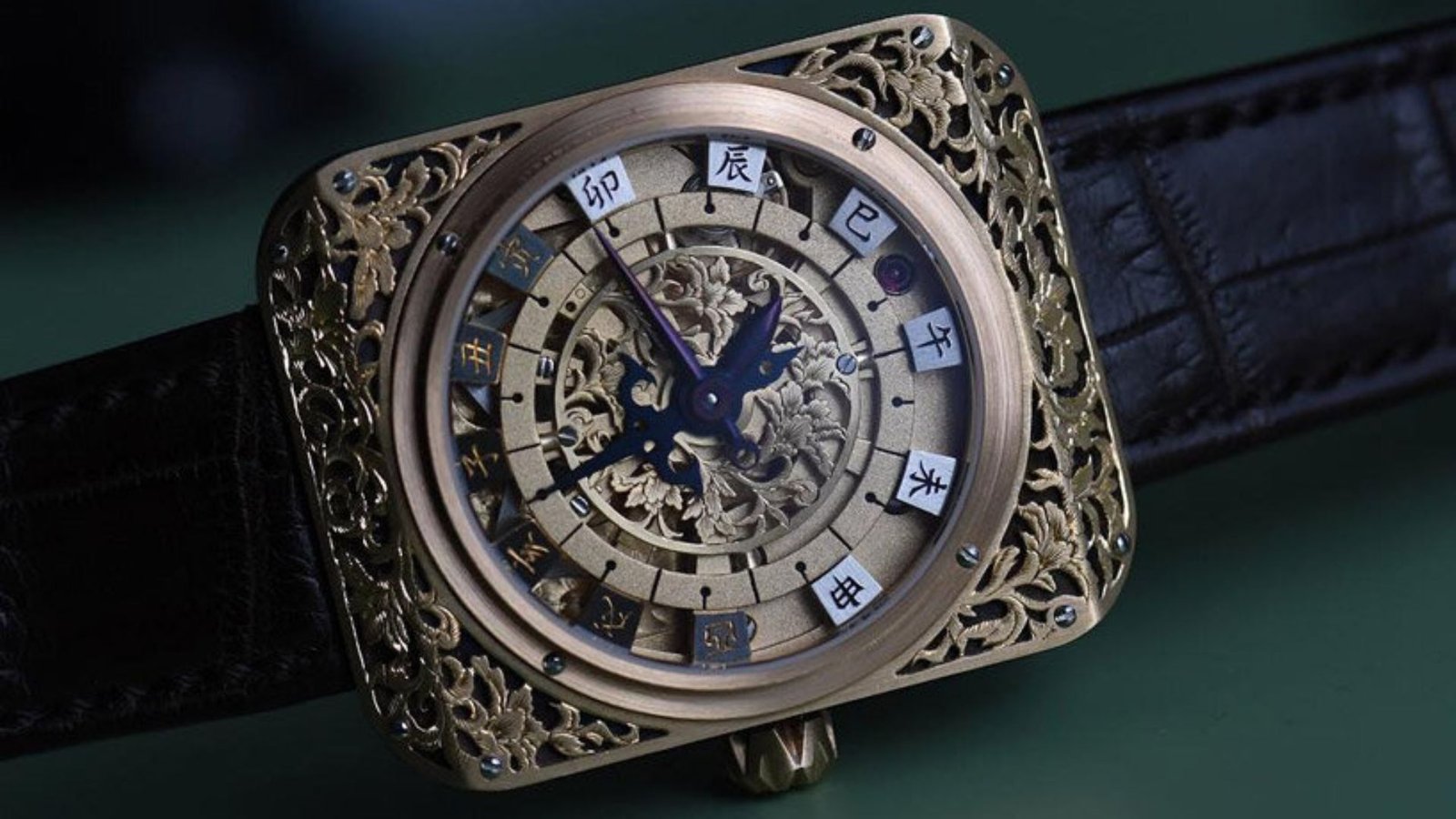The world of Japanese clocks offers a unique blend of craftsmanship, cultural heritage, and technological innovation. Whether you’re an experienced clock collector or new to the hobby, Japanese timepieces provide an exciting avenue for exploration. From antique wadokei (traditional Japanese clocks) to modern precision Seiko models, these clocks reflect the evolution of Japan’s timekeeping industry. If you’re thinking about starting or expanding your collection of Japanese clocks, here’s what you need to know.
1. Understanding the History of Japanese Clocks
Before Japan adopted Western timekeeping methods, the country developed its own unique time system. The wadokei was Japan’s first domestic clock, designed during the Edo period. It divided the day and night into six unequal hours, which varied depending on the season. These clocks are an excellent starting point for collectors interested in the historical and cultural aspects of Japanese timekeeping.
After the Meiji Restoration in the late 19th century, Japan began adopting Western clockmaking techniques and standardizing time measurements. Brands like Seiko and Citizen emerged, helping to modernize the Japanese clock and watch industry. Collectors today seek both antique pieces and modern innovations, as each represents a significant period in Japan’s horological history.
2. Types of Japanese Clocks to Collect

The variety of Japanese clocks available for collectors spans centuries of innovation. Here are some of the most sought-after types:
- Wadokei (Traditional Japanese Clocks): These antique clocks from the Edo period are rare and highly valued for their historical significance and unique timekeeping system.
- Seiko Clocks: Known for precision and craftsmanship, Seiko has been producing world-class clocks and watches since the late 1800s. Vintage Seiko clocks are a favorite among collectors, especially limited-edition models.
- Citizen Clocks: Another major player in Japanese timekeeping, Citizen offers a wide range of clocks, from classic styles to modern designs.
- Atmospheric and Decorative Clocks: Some Japanese clocks are highly decorative, featuring intricate designs that blend traditional Japanese aesthetics with Western clock mechanisms. These are especially popular among collectors who appreciate the artistic aspect of timepieces.
3. Where to Find Authentic Japanese Clocks
When starting a collection, sourcing authentic Japanese clocks is key. Look for reputable antique dealers or specialized horological shops that have experience in Japanese timepieces. Online auctions and clock collector forums can also be great places to discover rare pieces, but make sure to verify authenticity before making a purchase.
In Japan, flea markets and antique fairs offer opportunities to find hidden gems. Visiting these markets can provide insight into the cultural importance of timepieces in Japan, and you might find unique clocks at reasonable prices.
4. How to Identify Valuable Japanese Clocks
The value of a Japanese clock depends on several factors, including:
- Age: The older the clock, especially if it’s an antique wadokei or a vintage Seiko model, the more likely it is to be valuable.
- Condition: Clocks in excellent working condition are worth more than those that need repairs. However, some collectors are willing to invest in restoring antique clocks, so don’t overlook pieces that require some maintenance.
- Rarity: Limited-edition or rare models from famous brands like Seiko and Citizen can command higher prices.
- Craftsmanship: The quality of the clock’s mechanism, materials, and design also plays a significant role in determining value. Handcrafted elements or intricate detailing add to the clock’s desirability.
5. Maintaining and Repairing Japanese Clocks
Proper maintenance is essential to keep your Japanese clocks in good working order. Here are some tips to ensure your collection remains in top condition:
- Regular Cleaning: Dust can accumulate in the mechanisms of both antique and modern clocks, affecting their performance. Regularly clean your clocks with a soft cloth and avoid using harsh chemicals on the case or dial.
- Servicing: Have your clocks professionally serviced every few years, especially for vintage or antique models. A horologist with experience in Japanese clocks can ensure that the internal mechanisms stay in good shape.
- Repairs: If your clock needs repairs, it’s important to find a clockmaker who understands Japanese timepieces. Wadokei clocks, in particular, have unique mechanisms that require specialized knowledge for repair.
- Storage: Keep your clocks in a stable environment away from extreme temperatures or humidity, as fluctuations can damage both the mechanism and the materials.
6. The Appeal of Collecting Japanese Clocks
Japanese clocks offer more than just functionality; they’re windows into the culture, history, and technological advancement of Japan. From the traditional wadokei that highlight Japan’s early approach to timekeeping to modern Seiko clocks that symbolize precision, collecting Japanese clocks can be a deeply rewarding hobby.
Many collectors are drawn to the artistry and craftsmanship of these timepieces, appreciating how they blend form and function. Moreover, Japanese clocks often reflect broader themes in Japanese culture, such as harmony with nature, attention to detail, and the balance between tradition and innovation.
Conclusion
Collecting Japanese clocks offers a fascinating journey through Japan’s rich horological history. Whether you’re drawn to antique wadokei clocks, the elegance of Seiko, or the artistic beauty of decorative timepieces, building a collection can be a fulfilling way to explore both history and craftsmanship. With the right knowledge and care, your collection of Japanese clocks can grow in both value and personal significance over time.





Hi everyone, it’s my first visit at this site,
and paragraph is genuinely fruitful for me, keep up posting these types of posts.
Die andere sehr wichtige Information über das Willkommensangebot
von 20bet ist, dass nicht alle Wetten teilnahmeberechtigt sind.
Bei Gesamtwetten müssen Wetten jedoch auf Quoten von mindestens 1,7 abgeschlossen werden. Weiterhin ist
zu beachten, dass die Wetten auf Sportwettenmärkten mit einer Mindestquote von 1,5 bei Einzelwetten abgeschlossen werden müssen.
Jeden Freitag kannst du mit dem Code „RELOAD“ zudem einen Reload-Bonus von 50% bis zu 100€ und 50 Freispielen nutzen. Neue Spieler können sich im 20Bet Casino einen Bonus von bis zu 220€ Bonus und 170 Freispielen holen. Hier
geht es jeden Tag um einen Preispool von über 2.000€ und 2.000 Freispielen.
Der Buchmacher bietet Ihnen eine riesige Auswahl an Live-Wettmärkten und Sportarten, damit Sie genau das finden, was Sie interessiert.
Egal ob Sie ein erfahrener Wettprofi oder ein Anfänger sind,
bei 20Bet Live Wetten finden Sie alles, was Sie brauchen, um erfolgreich und mit Spaß
zu wetten. 20Bet Live Wetten bietet Ihnen ein unvergleichliches Erlebnis im Bereich der Sportwetten.
Unter Umständen werden Sie also noch um ein Foto Ihres Ausweises, Ihrer Kreditkarte oder eines anderen Dokuments gebeten. Sobald Ihr Konto aktiviert wurde, können Sie sich anmelden, eine Einzahlung tätigen und Ihren ersten Bonus erhalten. Nachdem Sie Ihre
persönlichen Daten wie Namen und E-Mail-Adresse angegeben haben, erhalten Sie
auch schon eine E-Mail zur Bestätigung Ihres Benutzerkontos.
Klicken Sie einfach auf die große Schaltfläche für die Registrierung und folgen Sie den Installationshinweisen. Die mobile Webseite bietet eine gute Übersicht und
ermöglicht alle wichtigen Funktionen wie das Live-Casino, Live-Wetten oder Ein- und Auszahlungen auf dem Spielerkonto.
References:
https://online-spielhallen.de/cashwin-casino-aktionscode-dein-weg-zu-extrabonussen/
Der Eintritt liegt bei 17€, allerdings werden dir 10€
als Gutschein gutgeschrieben. Hier muss man einfach ein Erinnerungsfoto vor dem
Casino machen. Vor dem pompösen Gebäude befindet sich ein großer Platz mit einem Brunnen und kleiner, gepflegter Grünanlage, der sog.
Die meisten Besucher bewundern das Casino nur von außen. 5 Prozent des Staatshaushaltes verantwortlich.
In diesem Artikel geben wir dir einen umfassenden Überblick über die
besten “Monte Carlo Highlights”. Ob Sie nach einem Espresso oder
einem Slap-up-Mittagessen suchen, die Brasserie verfügt über ein umfangreiches Menü.
2014 eröffnet, wurden sie von Architekten Richard Martinet als neues Design für ein Einkaufszentrum entworfen. Das ist das Dach des Kongresszentrums von Monaco und es gibt auch eine
unglaubliche Aussicht auf das Mittelmeer mit seinen Superyachten und Kreuzfahrtschiffen. Wenn Sie hinter dem Casino gehen, bis Sie gehen können, können Sie Victor Vasarelys bunte Mosaik sehen, Hexa Grace.
Wenn Sie sich vom Casino selbst abreißen können, gibt es einige
andere faszinierende Sehenswürdigkeiten alle innerhalb von fünf Minuten zu Fuß.
References:
https://online-spielhallen.de/jokerstar-casino-bonus-code-alle-wichtigen-infos-fur-spieler/
LEON casino boasts a sleek, intuitive interface built on HTML5 technology for flawless performance
across all devices. Whether you’re chasing progressive jackpots
or exploring live dealer thrills, LEON unlocks unmatched excitement
with every spin. At the end of the day, the best win is knowing you played smart.
Before you dive into the pokies and live tables, it’s worth knowing what Leon Casino brings to the table
for Australian players. Sign up with Leon Casino today, make your first
deposit, and unlock your welcome bonus to enjoy more games,
more spins, and more fun — all in AUD. This means that if
you start small, Leon still gives you more to play with — perfect for testing
different games, finding your favourites, and getting comfortable with the
platform. Plus, with clear navigation and an uncluttered lobby, even first-time players
find it easy to locate their favourite games, check out promotions, or manage their accounts without confusion. Enjoy real Aussie gameplay with trusted payments, proven fairness and local support.
You can deposit funds, claim your welcome bonus, and start playing
pokies or betting on sports.
References:
https://blackcoin.co/ripper-casino-login-australia-complete-guide/
While the no deposit bonus is often used to attract new players to a
site, they are available in various forms. They still require a deposit, and may not be ideal for
players looking to test out a website without risking their own money.
They are ideal for new players who may be hesitant about spending money at a casino.
Each online casino sets its terms and conditions for its casino bonuses to ensure fair gaming.
More experienced players choose the latest no-deposit casino bonuses to try out
various games and see whether they like them. Most online casinos require verification for security, but some casino
bonus offers may feature faster withdrawal processes.
No wagering casino bonuses are the most sought-after online casino bonuses for Australian players.
These exclusive online casino bonuses often include free spins,
bonus cash, or no-deposit rewards, giving you extra value just for playing
on your birthday. The best Australian online casino offer a wide variety of casino
bonuses to attract and reward players. Our expert guide breaks down the most valuable
casino bonuses in Australia, spotlighting offers with fair
wagering terms and real payout potential.
References:
https://blackcoin.co/areas-to-enjoy-responsible-exciting-and-safe-online-gambling/
The browser version is just easier-no downloads, no updates to nag you,
just instant play. Deciding between an app and the browser version is usually just personal
preference, but King Johnnie really pushes the web-app model.
Deposits are instant, which is great for jumping
straight into a game, but withdrawals still follow the standard
waiting times. The layout is simplified with large
input fields so you don’t accidentally fat-finger an extra zero
on your deposit. Plus, it takes up barely any space compared to
a traditional app download, leaving you more room
for your own stuff. You get the full-screen experience, no distracting browser buttons, and it launches instantly.
King Johnnie Casino partners with some of the industry’s leading
game providers, including Microgaming, NetEnt, and Evolution Gaming, ensuring high-quality gameplay and a diverse
selection of titles. With fast withdrawals, reliable support,
and provably fair crash games, you’ll be spinning and winning in no time!
The jurisdiction’s regulations ensure that gameplay is secure and fair, with
provably fair systems in place for certain games.
Online gambling is a popular pastime in Australia, offering players the thrill of the
casino from the comfort of their own homes. With these measures in place, you can focus on enjoying a secure, fair, and exciting gaming experience.
Operating under a reputable license from the Curacao eGaming Authority, King Johnnie adheres to strict
regulations to ensure a fair and transparent gaming environment for all players.
References:
https://blackcoin.co/paradise-casino-your-ultimate-online-gambling-destination/
Each room also includes a private patio, offering spectacular garden or ocean views.
Located on the ground level of the hotel, these spacious rooms are fully equipped with a
Japanese-inspired spa bath and a separate spacious corner shower.
Superior Spa Rooms offer guests the ultimate relaxation experience.
All rooms feature a private balcony, stylish ensuite bathroom, complimentary WiFi and
a state-of-the-art flat screen television. The Garden Grand Suite offers guests an experience to remember.
Use your points for Xtra Credits, dining, hotel stays and more.
Whatever you’ve got in mind, we can cater for a wide range of occasions, including birthdays and celebrations,
weddings, business conference and meetings, major community events, festivals,
outdoor concerts, and gala dinners. POKER TOURNAMENTEvery second Saturday
from 4pmMore details here Mindil Beach Casino Resort boasts an exclusive Table
Games offering.
Enjoy an exclusive 10% discount on all specials when you dine as a member
References:
https://blackcoin.co/high-limit-slots-play-25-100-500-slot-machines-online/
online american casinos that accept paypal
References:
seoul911.com
paypal casinos online that accept
References:
http://global.gwangju.ac.kr/bbs/board.php?bo_table=g0101&wr_id=1520163
mobile casino paypal
References:
https://www.cybersecurityhouse.com/employer/best-paypal-casinos-2026-uk-casino-sites-accepting-paypal/
paypal casino online
References:
https://career.abuissa.com/employer/online-casinos-that-accept-paypal/
gamble online with paypal
References:
https://lr-mediconsult.de/Unternehmen/best-payout-online-casinos-australia-highest-rtp-pokies/
paypal casino
References:
https://recruit.brainet.co.za/companies/best-online-casinos-australia-2025-top-australian-casino-sites/